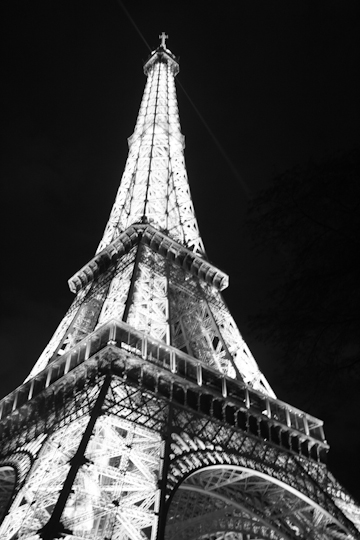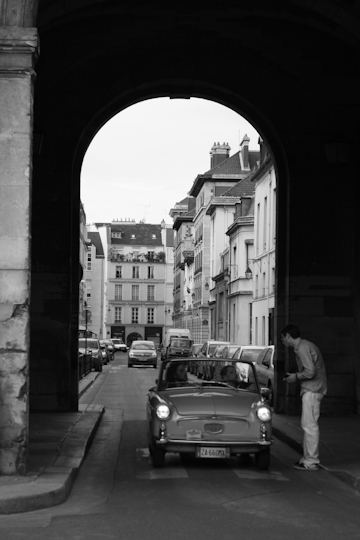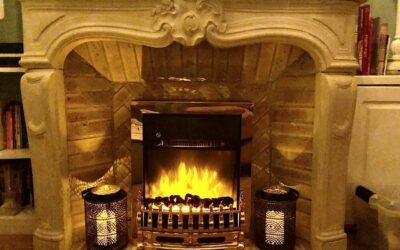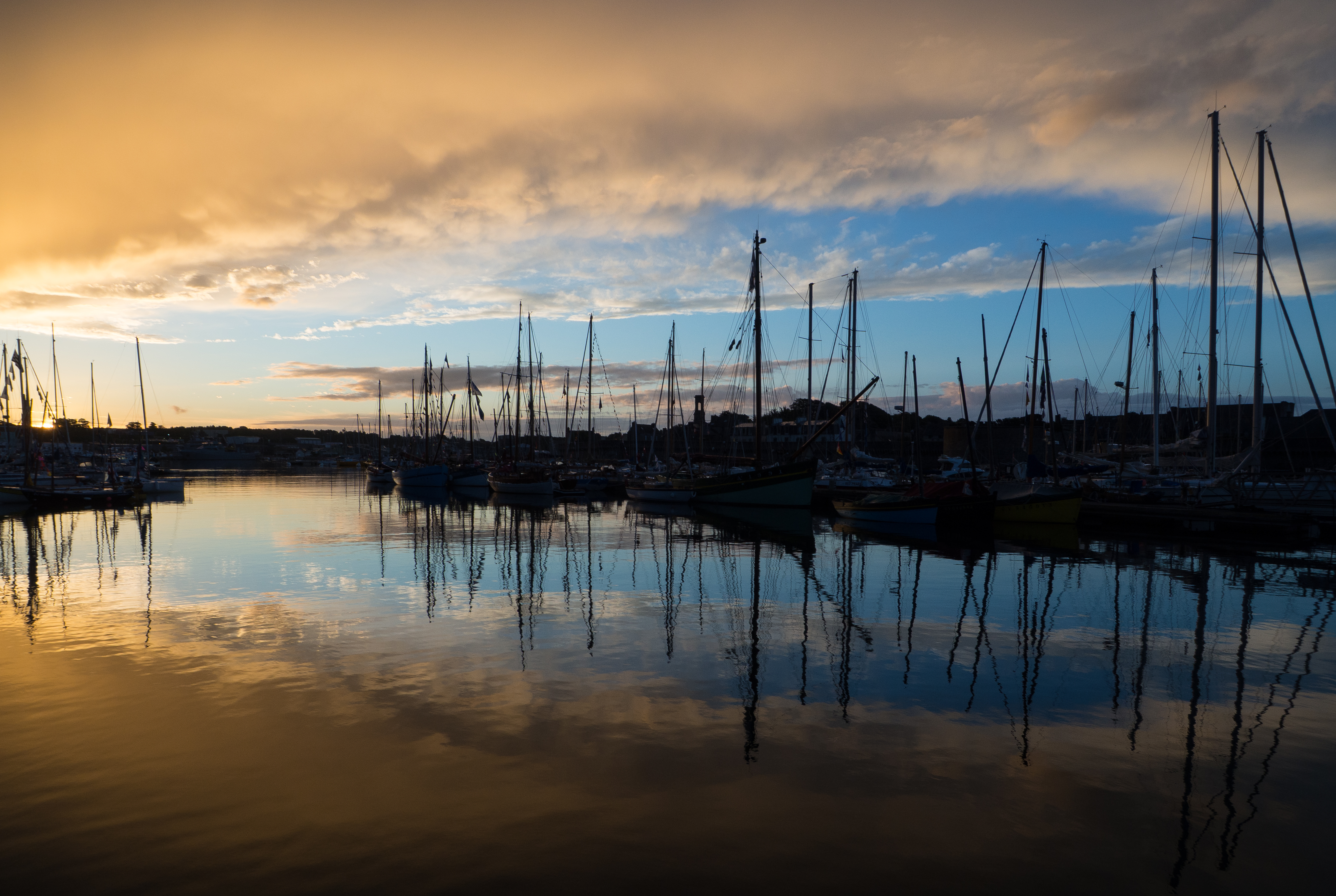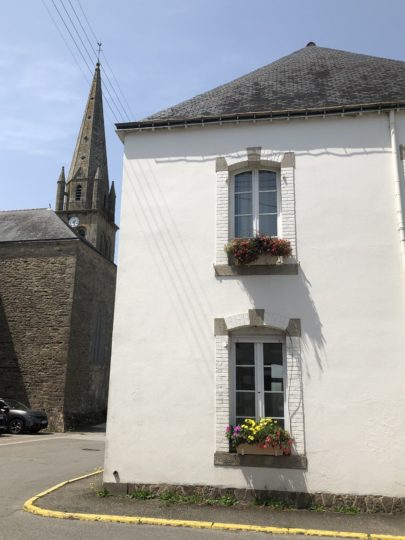I recently posted a list of Moving to Paris: 6 Things You Should Know Before Your Move to Paris. This is the sequel to that post: Now that I have arrived in Paris, what should I know sooner rather than later?
1. Emergency Numbers: This is #1 for anyone moving to Paris, or even just visiting. Plug the emergency numbers into your phone. 911 does not work here. All across the European Union, you can dial 112 to connect to an emergency operator near you (though my friend recently did so and was put on hold for 3 full minutes before he could speak to anyone). This is the number programmed into many cell phones (in other words, when it asks you if you would like to make an emergency call and you say yes, it will dial 112). Within France, it may be more efficient to just dial 15 for an ambulance, 17 for the police or 18 for the fire department. It would also be wise to trade emergency/family contact information with your friends – friends in Paris, friends at work and friends you travel with often. Finally, if you want to be extra cautious, it is a good idea to have the phone number for your nearest embassy or consulate handy. If you are an American living or traveling in France, the emergencies-only number is 01-43-12-22-22 (then dial zero when you hear the automated greeting). I learned in the aftermath of a car accident in Morocco in 1998 that the U.S. Embassy can be extremely helpful in emergency situations. A representative of the Consulate in Casablanca arranged for a military helicopter to evacuate us to the nearest city and he actually drove 4 hours to Marrakesh to assist us over the course of two full days with hospital visits and getting out of Morocco and back to Spain where my friends and I were living at the time. I cannot speak for other embassies and I cannot make any promises, but it certainly cannot hurt to call your embassy if you are ever in an emergency situation. For Americans living or traveling abroad, you can also sign up for the Smart Traveler Enrollment Program to keep informed of potentially dangerous political situations or natural disasters.
2. The Deal with the Washer-Dryer: It would seem from the banter that many North Americans who have recently moved to Europe miss their washer-dryers more than they miss their family. I admit, despite the few minutes saved by not having to transfer the clothes from the washer to the dryer, I would choose my American washer and separate dryer over my Parisian appliance any day. But once I learned 1) that despite outward appearances, the French machines do have filters and you do need to clean them out about once a month to prevent a breakdown, and 2) that indeed you can put (liquid) fabric softener in the French machines and your clothes will come out only slightly wrinkled and musty-smelling, my relationship with the European washer-dryer-in-one became one of mutual respect if not full-blown admiration. If you are still conducting a daily battle with your machine, read Mark Vanhoenacker’s Slate.com article on U.S. superiority when it comes to domestic appliances, and you will at least have a good laugh.
3. The Hot Water Heater: You are just renting, so it could not possibly be your responsibility to be sure the hot water heater is inspected, right? Wrong. If you look at the fine print in your lease, it will likely say that you have a responsibility to arrange for a yearly check-up of your hot water heater. You may still want to touch base with your property owner or manager before organizing the appointment, as he/she may have a plumber of choice (and if you are lucky, will foot the bill as well). Tip: In French, a hot water heater is a chaudière, though sometimes referred to as a balon d’eau chaude or a chauffe-eau. I believe there is a technical difference among the three terms, but the plumber will understand whichever one you pick.
4. Ramonage, What’s That? Every fall, the entrance to my building becomes covered with ads for ramonages. And for a long time, I had no idea what it was. Ramonage is a chimney cleaning, what we anglophones would hire a chimney sweep for. If you are lucky enough to have a fireplace in your apartment, you are also responsible for the twice yearly ramonage. If you fail to organize the regular cleanings and there is a fire, your renters’ insurance might not cover you.
5. Renters’ Insurance: Almost all apartments will require you to have renter’s insurance. It is not an optional purchase as in the U.S., as it covers replacement of broken windows, flood damage and much more beyond replacement or repair of your personal belongings. Be sure to check with your property owner or manager and find out their requirements for insurance coverage and proof of insurance.
For additional tips on moving to France, see my post on Moving to Paris, including a detailed (and even color-coded) moving checklist.
Do you have any moving tips to share?

